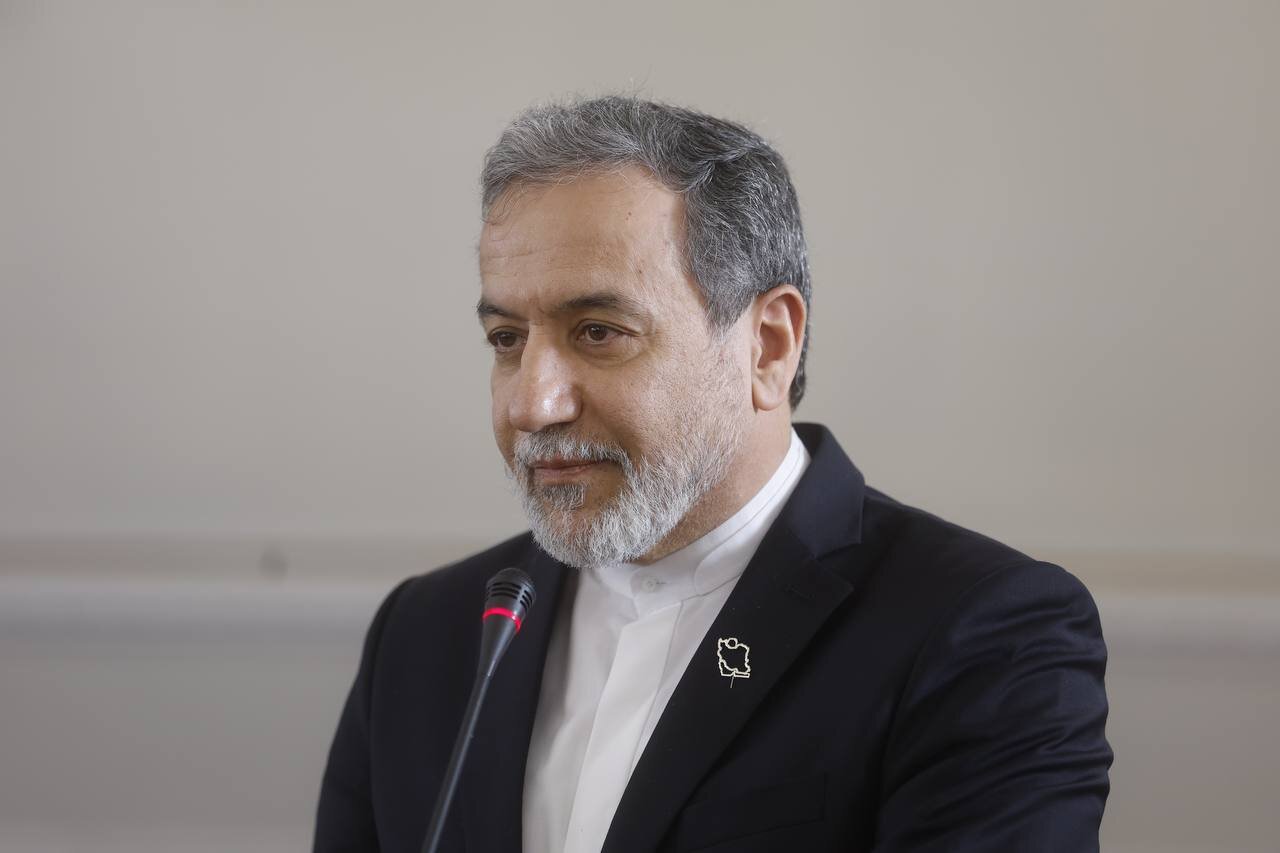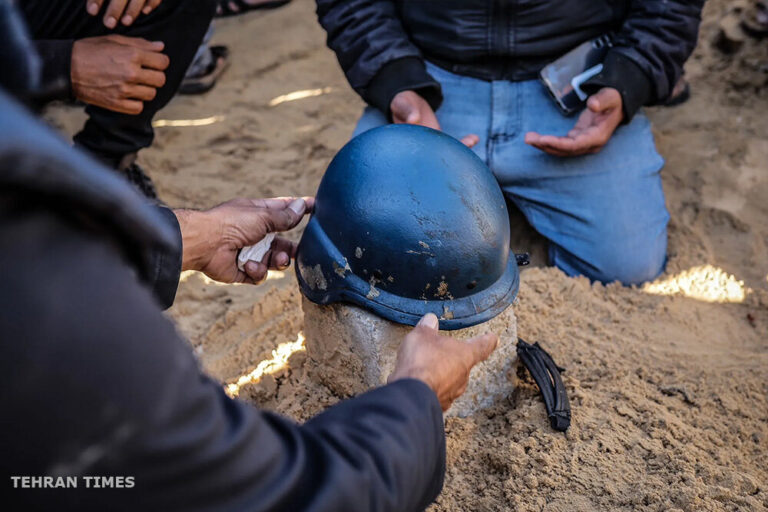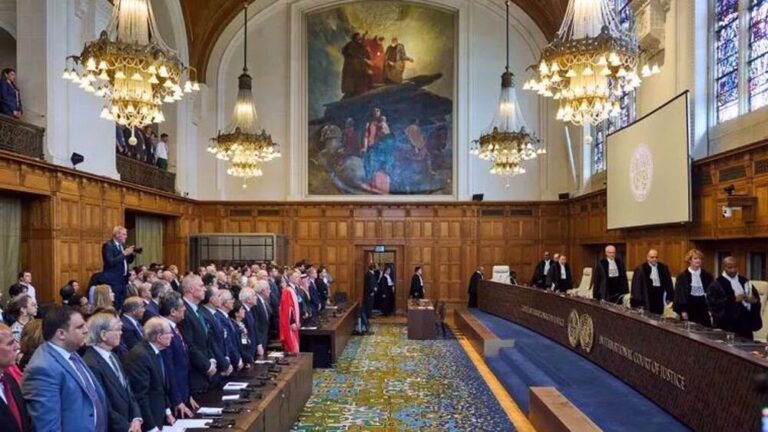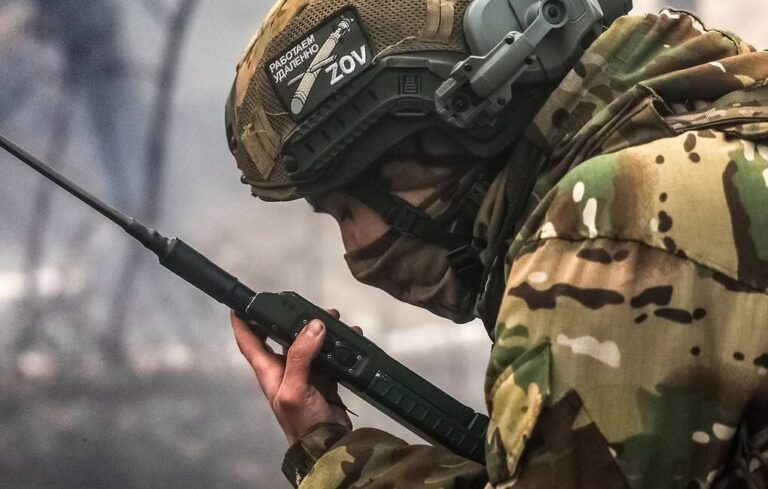Reinstating Maximum Pressure: A New Chapter in US Foreign Policy Failures
The recent statements from Iranian officials highlight the ongoing tensions surrounding Iran’s nuclear program and the United States’ foreign policy. With the keyword “Iran nuclear weapons” in focus, it’s essential to understand the implications of these discussions for both countries and global diplomacy.
During a cabinet meeting on Wednesday, Iranian Foreign Minister Abbas Araghchi addressed the media, emphasizing the failures of the United States’ “maximum pressure” policy against Iran. According to Press TV, Araghchi stated, “The policy of maximum pressure has already proven to be a failure, and any attempt to revive it will only lead to another defeat.” This statement underscores Iran’s firm stance against external pressures regarding its nuclear ambitions.
Araghchi’s remarks came in response to comments made by U.S. President Donald Trump, who indicated that Iran must not pursue nuclear weapons. In light of this, Araghchi asserted, “If the main issue is that Iran should not pursue nuclear weapons, this is achievable and not a difficult matter.” This statement reveals a willingness from Iran to engage in dialogue about its nuclear program under certain conditions.
The Iranian leadership, particularly the Supreme Leader Ayatollah Seyyed Ali Khamenei, has taken a strong position against the development of nuclear weapons. Khamenei has issued an official decree prohibiting the pursuit, attainment, and storage of such non-conventional arms based on both religious beliefs and moral grounds. This decree is significant as it reflects Iran’s commitment to a non-nuclear stance, despite the ongoing suspicions from various international actors.
As Araghchi pointed out, “The Leader’s fatwa has made Iran’s position crystal clear.” This clarity is crucial in the context of international diplomacy, where misunderstandings and misinterpretations can lead to escalations in tensions. The Iranian government’s position is that its nuclear program is intended for peaceful purposes, primarily aimed at energy production and scientific advancement.
Here are some key points regarding Iran’s stance on nuclear weapons:
- Failure of Maximum Pressure Policy: Iran believes the U.S. strategy of maximum pressure has not yielded positive results and calls for a reassessment of this approach.
- Willingness to Discuss Nuclear Issues: Iran has expressed readiness to engage in negotiations, provided that the focus remains on preventing the pursuit of nuclear weapons.
- Supreme Leader’s Decree: Khamenei’s fatwa clearly prohibits the development and possession of nuclear weapons, highlighting Iran’s moral and religious stance against such arms.
- Commitment to Peaceful Nuclear Energy: Iran maintains that its nuclear program is intended for peaceful purposes, emphasizing its right to develop nuclear technology for energy and research.
The diplomatic landscape surrounding Iran’s nuclear program continues to evolve, with various stakeholders involved in the discussions. The international community, particularly the European Union, has expressed interest in mediating the tensions between Iran and the United States. The goal is to find a mutually acceptable resolution that addresses the concerns regarding nuclear proliferation while respecting Iran’s sovereignty and right to peaceful nuclear energy.
As the situation develops, it is crucial for all parties involved to remain open to dialogue and negotiation. The potential for achieving a peaceful resolution to the nuclear issue depends on the willingness of both Iran and the U.S. to engage in constructive discussions.
In summary, the recent statements by Iranian officials highlight the complexities of the nuclear debate, reflecting a delicate balance between national security, international diplomacy, and ethical considerations. The future of Iran’s nuclear program remains a pivotal issue in global politics, with implications that extend far beyond the region.
For more updates on the Iran nuclear weapons discussions and other related topics, stay tuned as we provide continuous coverage and analysis of this critical global issue.






